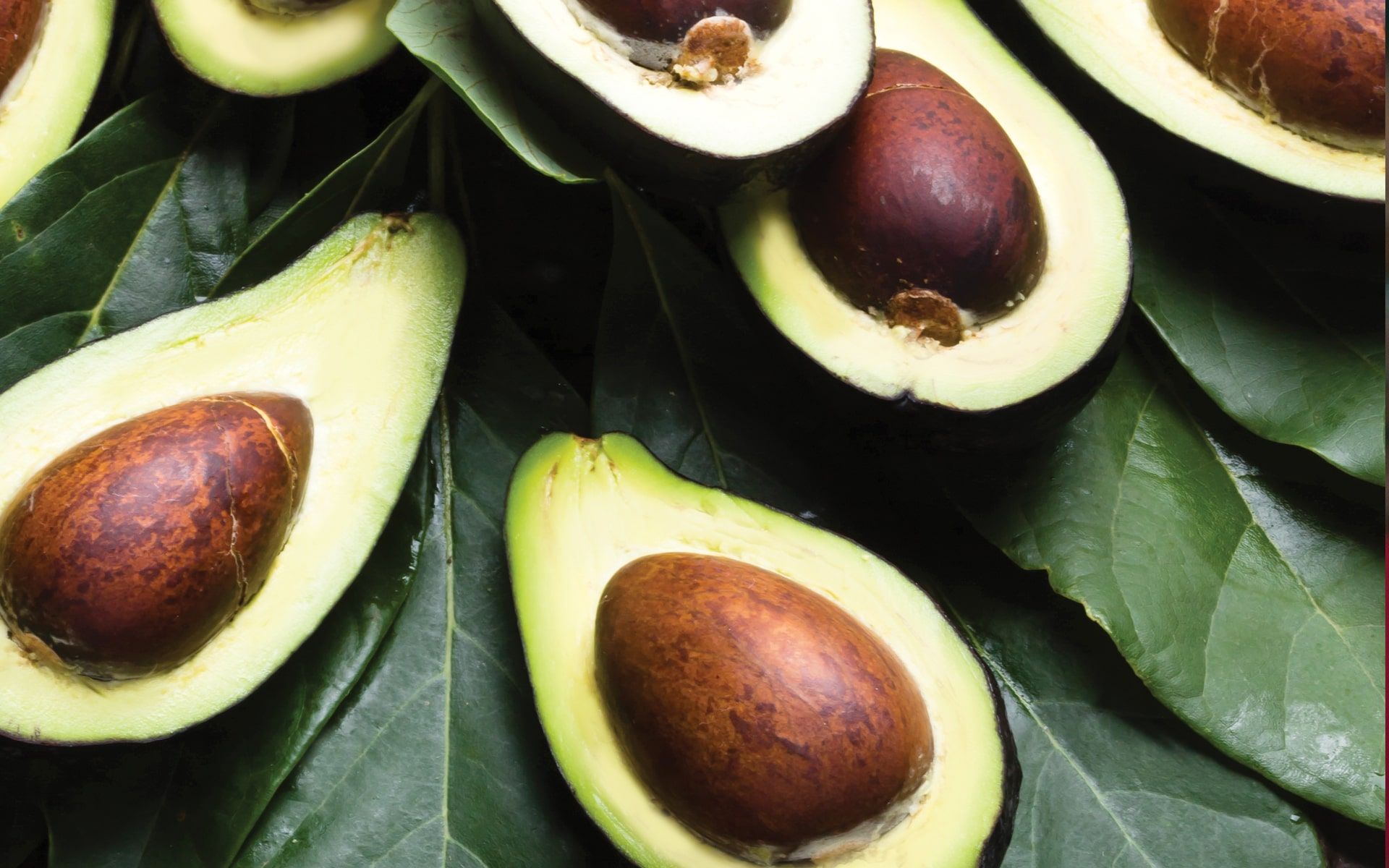Avocado

In This Article
-
Avocado consumption helps to lower blood lipids and cholesterol, decrease blood pressure, get protection against and heal diabetes, avoid being overweight, inhibit the formation of coagulation inside the veins, fight and cure arteriosclerosis, and protect the heart.
-
Avocado’s seed, shell, and leaves are beneficial against abnormalities (when consumed after certain processes) that constitute the metabolic syndrome
-
With nutritional fats, antioxidants, and soluble fibers in its content, avocados help us reduce our cholesterol levels.
The avocado is a fruit that grows in hot, tropical climates that has a sweet and sour taste. Avocados are a well-known source of carotenoids that provide a multitude of vitamins including vitamin A, minerals, phenolics, and fatty acids. In a number of studies, it has been noted that avocado consumption helps to lower blood lipids and cholesterol, decrease blood pressure, get protection against and heal diabetes, avoid being overweight, inhibit the formation of coagulation inside the veins, fight and cure arteriosclerosis, and protect the heart.
It is also reported that its seed, shell, and leaves are beneficial against abnormalities (when consumed after certain processes) that constitute the metabolic syndrome.
Dried avocado leaves may be brewed using hot water for consumption, or they can be ground to be added to soups or salads. There are many scientific studies that suggest that avocado leaves can prevent diabetes and lower blood pressure. Avocado leaves have also been shown to be effective in protecting the heart and decreasing cholesterol.
Avocado seeds may be consumed after they are baked and grated or ground. They may be brewed in the same way we brew tea, or they may be added to salads, soups, or pasta. Avocado's fat-burning content is found not only in its flesh, but also in its seeds. The high fiber content of its seeds ensures a feeling of satiety. With nutritional fats, antioxidants, and soluble fibers in its content, avocados help us reduce our cholesterol levels. It is highly efficacious in preventing high cholesterol and coronary artery disease. Patients with high blood pressure should not throw away avocado seeds. The potassium content in avocado seeds helps to expand veins and arteries, lowering blood pressure and reducing the heart attack risk.
Avocado oil is equally popular because of its resemblance to olive oil. It is produced at high quality using cold pressing method that is also used on olives. Highly beneficial to body health due to the minerals and vitamins it contains, avocado oil is studied across the globe. With its high vitamin E content, avocado oil is particularly effective for skin and hair health. As edible oil, it is low in saturated fatty acids and oxidation, and also does not contain any carbohydrates.
In terms of content, avocados differ considerably from other fruits. While other fruits have higher sugar content, avocados are high in oil. Having a rich vitamin and mineral content, avocado oil contains vitamins A, B1, B2, B5, D, and E. As a source of potassium, proteins, and certain minerals, avocado oil is very beneficial to heart and skin health.
A medium-sized avocado contains approximately 25 grams of monounsaturated fatty acids, which are known to be heart-friendly. Another benefit of avocado oil is its impact on cholesterol. Avocado oil is very rich in alpha-carotene and beta-carotene, thus it is said to provide effective protection against cancer. It is particularly effective against prostate cancer.
Numerous clinical studies have recently been conducted concerning the effects of the avocado. Avocado products are proven to be efficacious against metabolic syndrome. Its most important effect is its positive influence over blood lipids. Avocado consumption restores or balances the following blood lipids; low density lipoproteins (LDL-C); high density lipoproteins (HDL-C); triglycerides; and phospholipids. This positive effect on blood lipids is explained as avocado's ability to disintegrate certain lipoproteins so that they can be absorbed and stored by adipose tissues, or they can be burned in several tissues such as the liver and the pancreas. Avocado products result in an increase in the amount of smooth endoplasmic reticulum that has a special role in the lipid mechanism in the liver cells.
Avocados are tasty and healthy; but as with any fruit, it is best to have a healthy measure and not overeat!
Reference
Jamshid Tabeshpour, Bibi Marjan Razavi and Hossein Hosseinzadeh. Effects of Avocado (Persea americana) on Metabolic Syndrome: A Comprehensive Systematic Review. Phytotherapy Research (2017). DOI: 10.1002/ptr.5805








